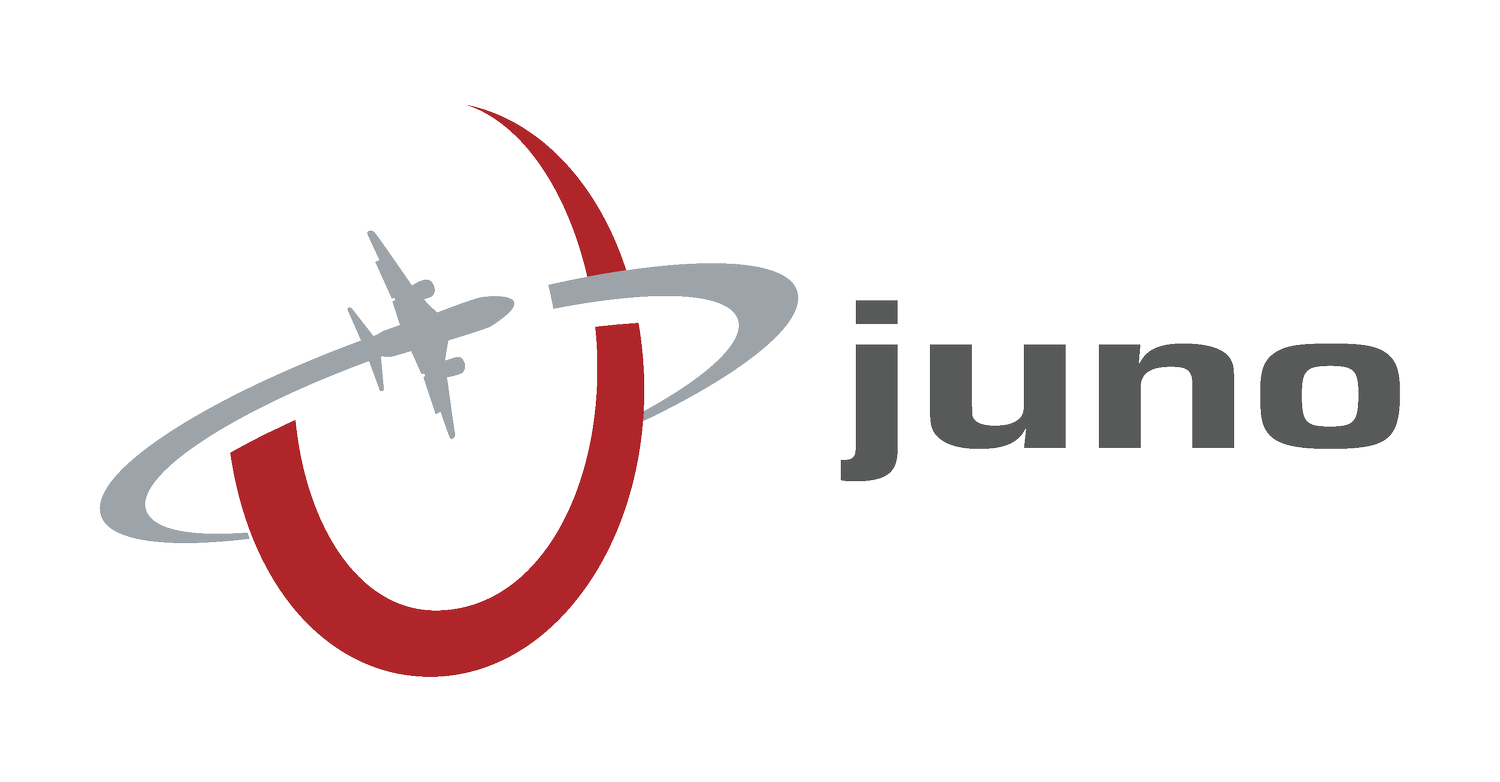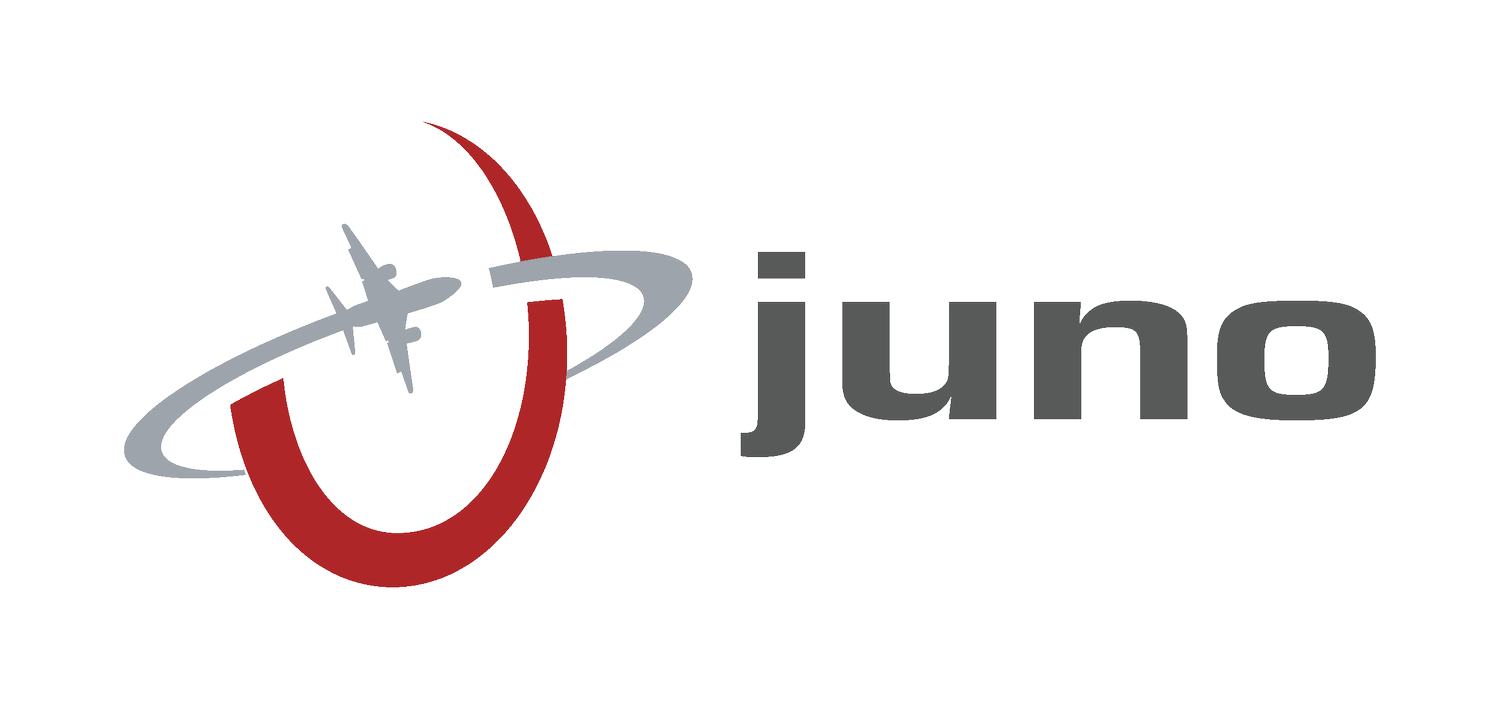What Every Importer Needs to Know About Organic Certification Requirements
The organic sector has seen remarkable growth over the past few decades, driven by increasing consumer demand for organic products. Recognizing the need for stringent regulations to ensure the integrity of organic products, the USDA Agricultural Marketing Service (AMS) oversees the certification of organic products through the National Organic Program (NOP). The introduction of the Strengthening Organic Enforcement (SOE) rules represents a significant milestone in enhancing the oversight and enforcement of organic standards, especially for imported organic products.
Understanding Organic Certification
The Organic Foods Production Act of 1990 established the NOP standards, which require all agricultural products labeled as organic in the United States to be certified by a USDA-accredited certifying agent. The USDA AMS plays a pivotal role in regulating and facilitating the organic market, ensuring that consumers can trust the organic label. Organic certification involves verifying that the production process of organic products, from farm to table, complies with organic standards, including prohibiting most synthetic pesticides and fertilizers and ensuring that organic and non-organic products are separated.
New Regulations Under SOE
The Strengthening Organic Enforcement final rule, issued in January 2023, enhances the enforcement of organic standards by closing gaps in current regulations. These rules went into effect on March 19, 2024, after a 14-month implementation period. They are designed to reduce fraud, strengthen oversight, and improve the USDA's enforcement mechanisms across the organic market. The new requirements include recordkeeping requirements and enhanced traceability. For importers, this means heightened scrutiny and more rigorous compliance requirements to prevent fraud and maintain the integrity of organic products entering the US market. Understanding the SOE rules is essential for importers to ensure compliance and avoid penalties.
Requirements for Importing Organic Products
Importers who bring organic products into the United States must follow specific certification and documentation requirements. They must ensure that their products have valid import certificates that confirm their organic status. The USDA organic seal, which is trademarked, indicates compliance with NOP standards. Additionally, importers must register in the AMS Integrity Database, a tool aimed at improving the transparency and traceability of organic products worldwide.
Who Must Be Certified?
A broad spectrum of operators in the organic supply chain must be certified, including:
US importers
Foreign exporters
Processors of organic products
Operators that package products
Warehouses storing unpackaged or bulk products
Other handlers, such as food brokers or sellers
Labeling and Packaging Requirements
Understanding labeling and packaging requirements is essential for organic certification. Labels must indicate the product's organic status, and any use of the USDA organic seal must be authorized and comply with NOP guidelines. Packaging requirements for nonretail containers also stipulate that organic products must be protected from commingling with nonorganic products and from contamination by prohibited substances throughout the supply chain. Importing organic products needs careful adherence to these labeling and packaging standards.
Electronic Import Process
The NOP Electronic Import Process (OR2) simplifies the importation of organic products by digitizing the application and certification processes. Importers must familiarize themselves with the Harmonized Tariff Schedule codes specific to organic products to correctly classify their imports, which facilitates the monitoring and compliance checking of organic imports. Over 6,120 Harmonized Tariff Schedule codes are currently flagged for the AMS organic program. Compliance and verification of organic product processes are integral to the successful navigation of the electronic import process.
Compliance and Verification
Import certificates play a vital role in ensuring compliance with organic standards. These certificates that are issued by accredited certifying agents are scrutinized by Customs and USDA officials to verify the organic integrity of imported products. Importers must also implement measures to prevent contamination by prohibited substances and ensure the traceability of their organic products back to the source.
Raw Agricultural Commodities & Textiles
The US NOP standards govern the production of raw agricultural commodities. Textiles can receive certification through standards like the Global Organic Textile Standard (GOTS). If textile products are certified under GOTS, they can be marketed as organic in the US, as long as all organic fibers are grown and certified according to NOP regulations. Understanding the intricacies of organic certification requirements ensures that raw agricultural commodities and textiles meet the necessary standards for importation.
Next Steps
As we approach the effective date of the SOE rules, importers involved in the organic product supply chain must understand and prepare for these changes. The increased requirements and improved enforcement methods aim to safeguard the integrity of organic products and maintain consumer trust in the organic label. Importers need to be thoroughly knowledgeable about importing organic products to ensure compliance with the evolving regulations.
Juno Customs Solutions offers expert guidance and support to those navigating these complex regulations. Contact us today for a comprehensive understanding and assistance in your organic importation endeavors, ensuring compliance and maintaining the integrity of your organic products in the US market.

